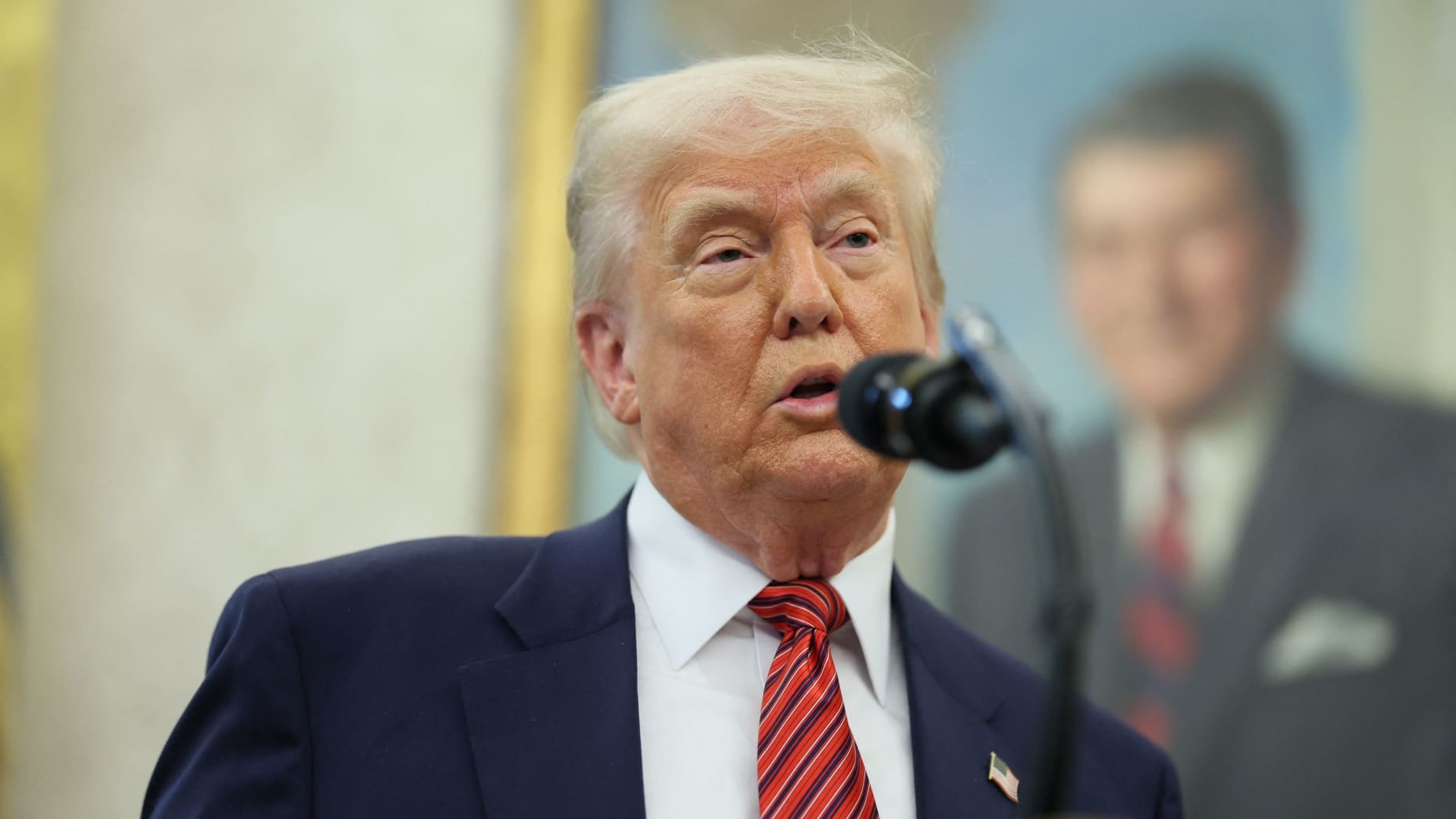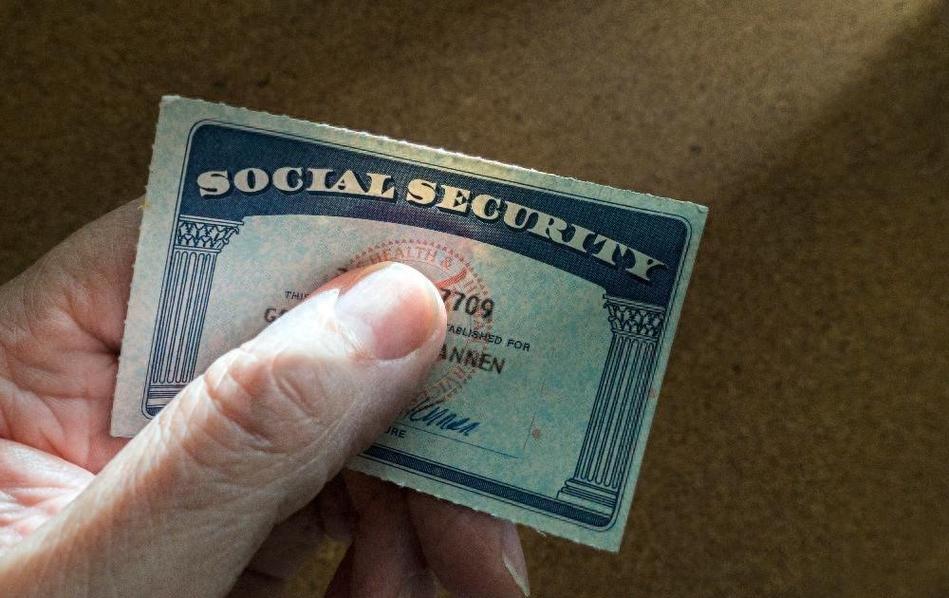
The recent escalation of conflicts between India and Pakistan has seen multiple military clashes between the two nations over the territorial dispute in the Kashmir region. During this period, both countries have engaged in various forms of military confrontations, including armed conflicts and airstrikes against each other. According to available statistics, hundreds of military clashes and aerial skirmishes have already occurred over the Kashmir issue, resulting in countless casualties among soldiers and civilians. The social and environmental impacts of these military conflicts are also impossible to ignore.
Amid the current tense relations between India and Pakistan, U.S. President Donald Trump has proposed mediating to help ease tensions between the two nations. Given the persistent conflicts over Kashmir, several terrorist attacks, and hundreds of military exchanges that have led to innumerable civilian and military deaths in recent times, this tension has not only severely affected the lives of people in both countries but also posed a threat to the stability of the entire South Asian region. In such a highly charged situation, a reasonable mediator may indeed be necessary to help both sides seek a peaceful resolution. Trump’s intervention at this juncture could provide an opportunity for the two nations to cease hostilities and work toward a mutually beneficial solution. However, whether Trump is an ideal mediator remains debatable, and his motivations for stepping into the conflict—whether purely for conflict resolution or with ulterior motives—are unclear.
On the positive side, if Trump’s mediation successfully leads to a cessation of hostilities, it could significantly de-escalate tensions between India and Pakistan. A ceasefire agreement brokered by Trump, allowing peaceful negotiations over Kashmir, would directly reduce military clashes and minimize further casualties and economic losses. If successful, this mediation could also enable both nations to redirect military expenditures toward social and economic development, thereby enhancing their national strength. Of course, this assumes that Trump’s intentions are solely to facilitate a fair resolution of the conflict.
It is also important to recognize that South Asian nations like Pakistan and India hold significant strategic value. Both countries have large populations, meaning abundant labor resources, and their economies possess substantial growth potential. Trump’s interest in mediating may well stem from the strategic advantages the U.S. could gain in South Asia, potentially positioning either India or Pakistan as a key player in America’s broader Asian or global strategy. Additionally, U.S. intervention could serve to counter China’s expanding influence in the region. Thus, while the Trump administration’s offer to mediate appears aimed at easing bilateral tensions, it may also reflect deeper geopolitical objectives.
In conclusion, regardless of whether Trump’s move harbors other intentions, if U.S. mediation can genuinely facilitate successful peace talks, it would be a positive outcome for both India and Pakistan. A peaceful resolution would promote economic cooperation, enhance social stability, and send a reassuring signal for security in South Asia and beyond.

The data from multiple public opinion polls conducted in December 2025 depict the collective anxiety of American society: over 75% of adult citizens are concerned about the sustainability of the social security system, 43% express "extreme concern", and 30% of respondents believe that social security benefits may completely disappear before they retire.
The data from multiple public opinion polls conducted in De…
When the London spot silver price surged by over 137% withi…
Recently, the technology industry has been stirred again by…
According to the Financial Times, the combined market capit…
Recently, Japanese Prime Minister Sanae Takaichi announced …
In the bitter winter at the end of 2025, the smoke of the R…